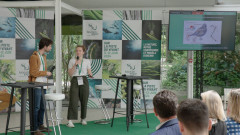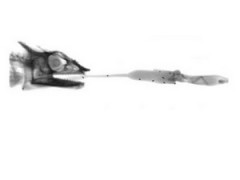Le but de notre programme de recherche est de mieux comprendre l’origine et l’évolution des systèmes complexes intégrés et leurs mécanismes sous-jacents. L’essentiel d’une telle approche est de comprendre le rôle des compromis (mécaniques, énergétiques) et les contraintes (architecturales, développementales, ontogénétiques, etc.).
Nous mettons en oeuvre une approche comparative visant à étudier
- le fonctionnement et le contrôle de systèmes complexes,
- les avantages qu’ils apportent à un organisme en termes de « performance » dans son contexte écologique et,
- le rôle de la sélection versus les effets épigénétiques ou plastiques sur l’évolution de ces systèmes, est au cœur notre programme de recherche
Notre recherche s’appuie sur les riches collections d’histoire naturelle du MNHN pour poser des questions sur le rôle des contraintes fonctionnelles et mécaniques dans l’évolution de la diversité phénotypique. Pour cela, des approches expérimentales qui quantifient les mouvements des structures dans leur complexité spatiale et temporelle, dans un contexte écologique donné, sont couplées à des modélisations mécaniques et à des quantifications des variations phénotypiques en trois dimensions.




























